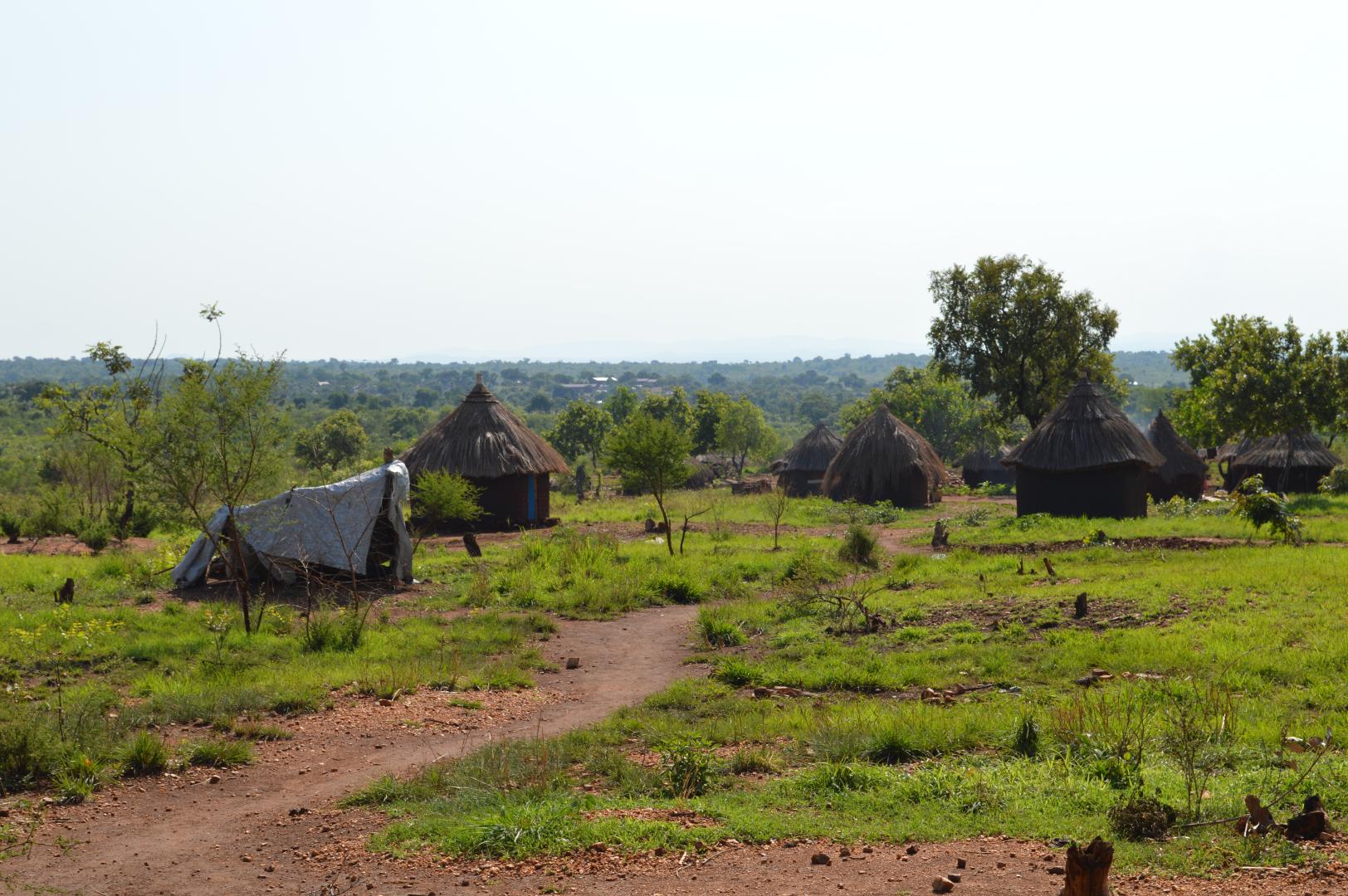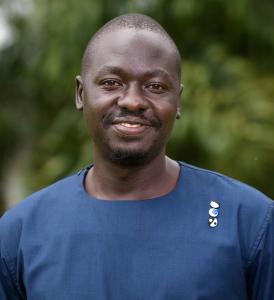A Policy Overview of Refugee Management in Uganda
Uganda’s progressive approach started in 1951 when the UN Convention Relating to the Status of Refugees came into force. Uganda was still a British protectorate and Britain acceded to the Convention on behalf of herself and her colonies (including Uganda). Uganda as a state ratified the Convention in 1976. The Refugee Convention as well as its 1967 protocol, commits to protect persons fleeing from persecution. The commitment was renewed in 1969 with the OAU Convention, granting prima facie refugee status to refugees fleeing from conflicts. These Conventions and the open borders policy are crucial for the life and protection of refugees, ensuring access to the country and avoiding the risks related to repatriation and refusal of entry.
It is important to note that the presence of refugees in Uganda dates back to the early 1940s with the hosting of Polish refugees who fled from Nazi-occupied Europe and were hosted at Nyabyeya in Masindi district and Koja in Mukono district. These refugees were later resettled in Britain, Australia, and Canada. However, Uganda's rigorous involvement with refugees and the refugee problem started in 1955 when Uganda hosted approximately 78,000 Southern Sudanese refugees. The Nakivale refugee settlement—formed in 1959—in southwest Uganda is the oldest refugee camp in Africa, an exemplar of the country’s rural settlement model that provided Rwandan Tutsi refugees with access to plots of arable land.
Before independence, the colonial government had promulgated the Control of Alien Refugee Ordinance (1960) which defined certain migrants as refugees. After independence, this Ordinance was inherited and adopted as the Control of Alien Refugees Act, 1961. Uganda has since become party to the UN Refugee Instruments and the OAU Convention and remains one of the few countries where the policy continues to follow the pattern established in Africa by UNHCR.
So, while Uganda’s strong commitment to hosting refugees can be traced back 70 years ago, at each juncture, Uganda's self-reliance model had been present building upon the legacies of colonialism, national political and historical contexts driven by a spirit of pan-Africanism and first-hand understanding of displacement by many Ugandans, and international support although the country’s refugee response plans remain underfunded amidst continued influx.
With over 1.56 million refugees, Uganda is the largest refugee-hosting country in Africa.In the last three years, Uganda has taken concrete steps to fulfill all of the six pledges made at the Global Refugee Forum (GRF), maintaining an open-door refugee policy (pledge 1), including refugees in national development plans and statistics (pledge 2), promoting inclusion of refugees and host communities in the national education system (pledge 3) and health services (pledge 4), fostering sustainable management of natural resources and ecosystems (pledge 5), and ensuring the integrity of the asylum system (pledge 6).
In Uganda, refugees have the right to work and freedom of movement, thanks to Uganda’s 2006 Refugee Act and 2010 Refugee Regulations, which provide a strong legal and regulatory framework for refugee rights. Refugees have the right to the same social services as Ugandans, including health care and free primary education. They are not confined to camps but can also live in urban areas. The country has, therefore, received a lot of positive attention for “fostering” the self-reliance of refugees. But refugee-impacted areas are at risk due to underlying poverty, vulnerability, and limited resilience to shock further exacerbated by the presence of refugees.
Recent empirical studies indicate that the country’s refugee-accommodating capacity has been under stress due to continuous influxes of refugees from neighboring countries. According to the latest statistics of UNHCR, the number of refugees in Uganda continues to climb, reaching over 1.57 million as of November 2021. While the inflow of South Sudanese refugees has declined in recent years, ongoing conflicts in the Democratic Republic of Congo have contributed to this rise in the overall figure.
While Uganda has hosted significant numbers of refugees before independence and continues to do so, the government, UNHCR, and other partners need to strengthen efforts to reduce poverty and mitigate risks for vulnerable refugees and their host communities. The close involvement of key stakeholders, such as district leadership, sector ministries, host communities, and refugees, is imperative. A shift in the philosophy of refugee assistance has also been crucial: refugees are viewed as economic actors in charge of their destiny (development approach) rather than as beneficiaries of aid (humanitarian approach). Integration of social services and economic activities needs to be informed by deeper situational analysis in all refugee-hosting districts.
Written by: Patricia NamakulaThemen
Bereitgestellt von
Hauptabteilung Europäische und Internationale Zusammenarbeit
Über diese Reihe
Die Konrad-Adenauer-Stiftung, ihre Bildungsforen und Auslandsbüros bieten jährlich mehrere tausend Veranstaltungen zu wechselnden Themen an. Über ausgewählte Konferenzen, Events, Symposien etc. berichten wir aktuell und exklusiv für Sie unter www.kas.de. Hier finden Sie neben einer inhaltlichen Zusammenfassung auch Zusatzmaterialien wie Bilder, Redemanuskripte, Videos oder Audiomitschnitte.




